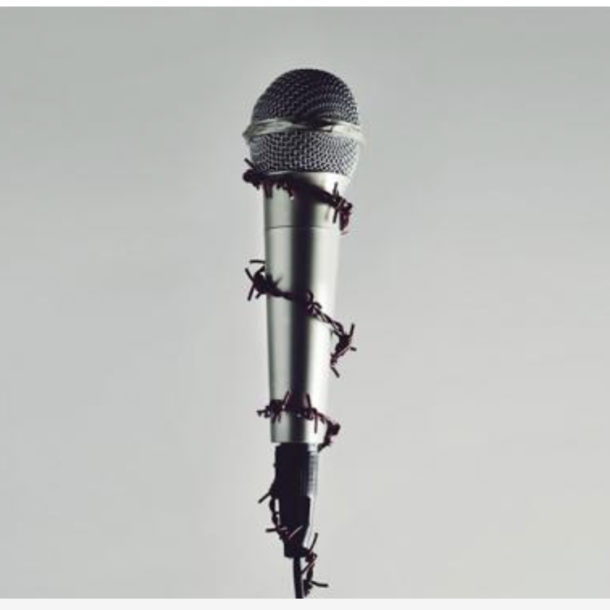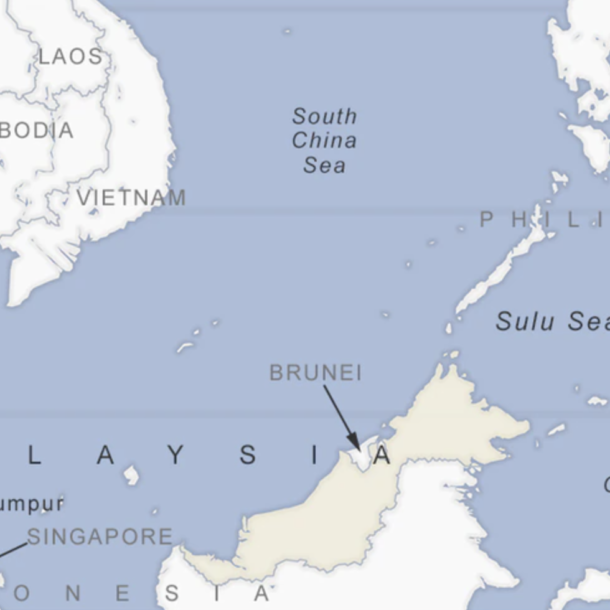
A coalition of Malaysian press freedom groups has expressed its alarm at what it described as the government’s increasing use of legal measures to silence critical reporting.
In a joint statement published Monday, the Centre for Independent Journalism, Gerakan Media Merdeka, and National Union of Journalists, said they were “alarmed by the frequent use of harassment tactics by the Malaysian authorities toward the media.”
It pointed to at least five incidents this year in which journalists have been questioned and investigated for their reporting. Several of these involved Malaysiakini, the plucky online news portal that has long lodged itself firmly in the flanks of Malaysia’s powers-that-be.
The most recent mentioned by the coalition was the summoning of two Malaysiakini journalists by police on May 18, over three articles relating to the death of A. Ganapathy, 40, who died in hospital last month after spending 12 days in police custody.
Prior to that, on May 10, Malaysiakini Bahasa Malaysia desk’s editor and broadcast journalist were also summoned by the police for questioning in relation to their coverage of comments made by the outgoing inspector-general of police at a press conference in late April.
This came after Malaysiakini was found guilty in February of contempt of court and hit with a heavy fine over several comments left by readers on the site. When the publication’s editor in chief Steven Gan protested the ruling, police announced that he would be investigated for sedition.
All of these cases reflect the erosion of free speech rights under the government of Prime Minister Muhyiddin Yassin, who came to power in March 2020 after helping precipitate the collapse of the reformist coalition that came to power at the 2018 general election. Enjoying a perilously thin majority, critics say Muhyiddin has since used the COVID-19 pandemic as a pretext to silence dissenting voices and strengthen his hold on power.
In January, his government declared a state of emergency to fight the pandemic, which has granted it extraordinary powers, including the right to approve laws without parliamentary approval. With some credibility, his critics claim it is being used to consolidate his hold on power ahead of a planned general election once the pandemic wanes. (Certainly, the state of emergency has done little to prevent an alarming surge in COVID-19 cases.)
In its most recent World Press Freedom Index, released by the watchdog group Reporters Without Borders (RSF) last week, Malaysia fell 18 spots, the steepest decline of any Southeast Asian nation over the past year. In the words of RSF, Malaysia’s current government “embodies the desire for absolute control over information.”
The clampdown on the press has proceeded in parallel with increasing government pressure on outspoken opposition parliamentarians, some of whom have criticized the government’s alleged use of the pandemic as a pretext to clamp down on dissent.
According to the advocacy group ASEAN Parliamentarians for Human Rights (APHR), at least six federal MPs and four state-level lawmakers were called in for questioning by authorities on a range of potential charges in recent weeks.
As per APHR, the most recent instance took place on May 22, when MP Syed Saddiq was questioned by police in relation to a video he posted on social media about police brutality, in connection with the aforementioned death of A. Ganapathy. This came after lawmaker Mukhriz Mahathir, two state assembly representatives, and five other political party members and rights activists, were interrogated after holding a peaceful rally calling for the reopening of parliament, among other things.
Groups of opposition parliamentarians have also been questioned after protests against last month’s arrest of political artist Fahmi Reza for defaming the queen and the Election Commission’s delay in implementing the 18-year voting age.
The coalition of media groups suggested that the clamp down on dissent is a sign of the Muhyiddin government’s fragility. “Curbing media space and attempting to intimidate media into silence are elements of a failing state,” it said in its statement. “We remind the state and its leaders that encouraging an open and effective media serves to improve the environment for long-term social, political, and economic stability.”
That is certainly true for the long term. But with public anger mounting over the government’s failure to prevent a spiraling number of COVID-19 cases, and his political foes on the alert for any sign of weakness, Muhyiddin is likely to remain squarely focused on the short term.
Source: The Diplomat
